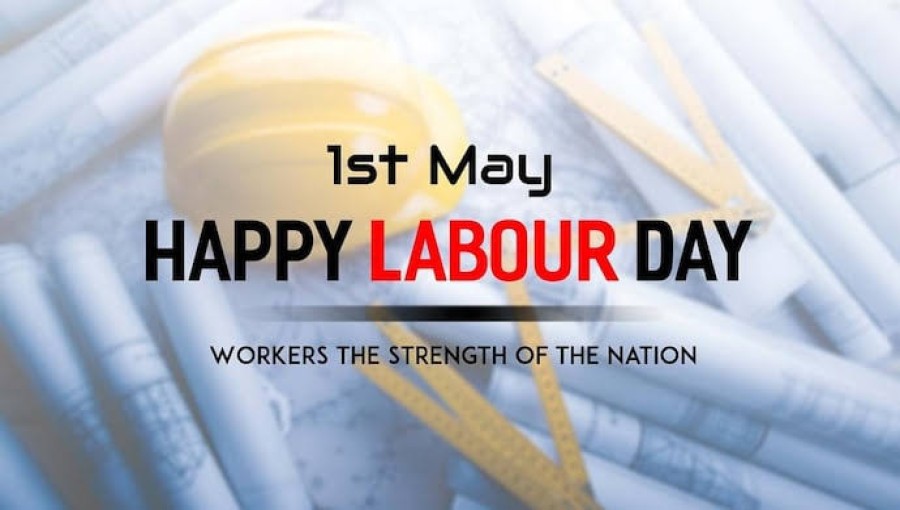May Day, also known as International Workers' Day, is celebrated on May 1st each year, commemorating the historic struggles and achievements of the labor movement worldwide. Originating in the United States in the late 19th century, May Day has evolved into a global observance promoting workers' rights, social justice, and international solidarity.
The roots of May Day trace back to the Haymarket affair of 1886 in Chicago, Illinois, where workers rallied for an eight-hour workday. On May 1st, 1886, thousands of workers took to the streets in peaceful protests, demanding better working conditions. The movement culminated in a general strike, with workers across industries joining forces to advocate for their rights.
However, the peaceful demonstrations turned violent on May 4th, when a bomb exploded during a labor rally at Haymarket Square, resulting in casualties among both police officers and protesters. The event led to a crackdown on labor activists and the subsequent arrest and trial of several anarchist leaders, known as the Haymarket affair.
Despite the setbacks and repression faced by labor organizers, the legacy of the Haymarket affair endured, sparking renewed momentum for the labor movement globally. In 1889, the International Socialist Conference declared May 1st as International Workers' Day, in honor of the Haymarket martyrs and as a symbol of solidarity among workers worldwide.
Since then, May Day has been observed as a day of action, protest, and celebration by workers and labor unions across continents. From Europe to Asia, Africa to the Americas, workers gather to demand fair wages, safe working conditions, and social justice. Parades, rallies, and demonstrations are held in cities and towns, highlighting the ongoing struggle for labor rights and equality.
In addition to its historical significance, May Day serves as a reminder of the collective power of workers to effect change and challenge injustice. It is a day to honor the contributions of workers to society and reaffirm the principles of solidarity, equality, and justice.
As the world continues to grapple with issues of economic inequality, precarious employment, and exploitation, May Day remains as relevant today as it was over a century ago. It is a time to reflect on the progress made in the labor movement and renew the commitment to building a more just and equitable world for all workers.
End/v7n/aj/dk































Comment: